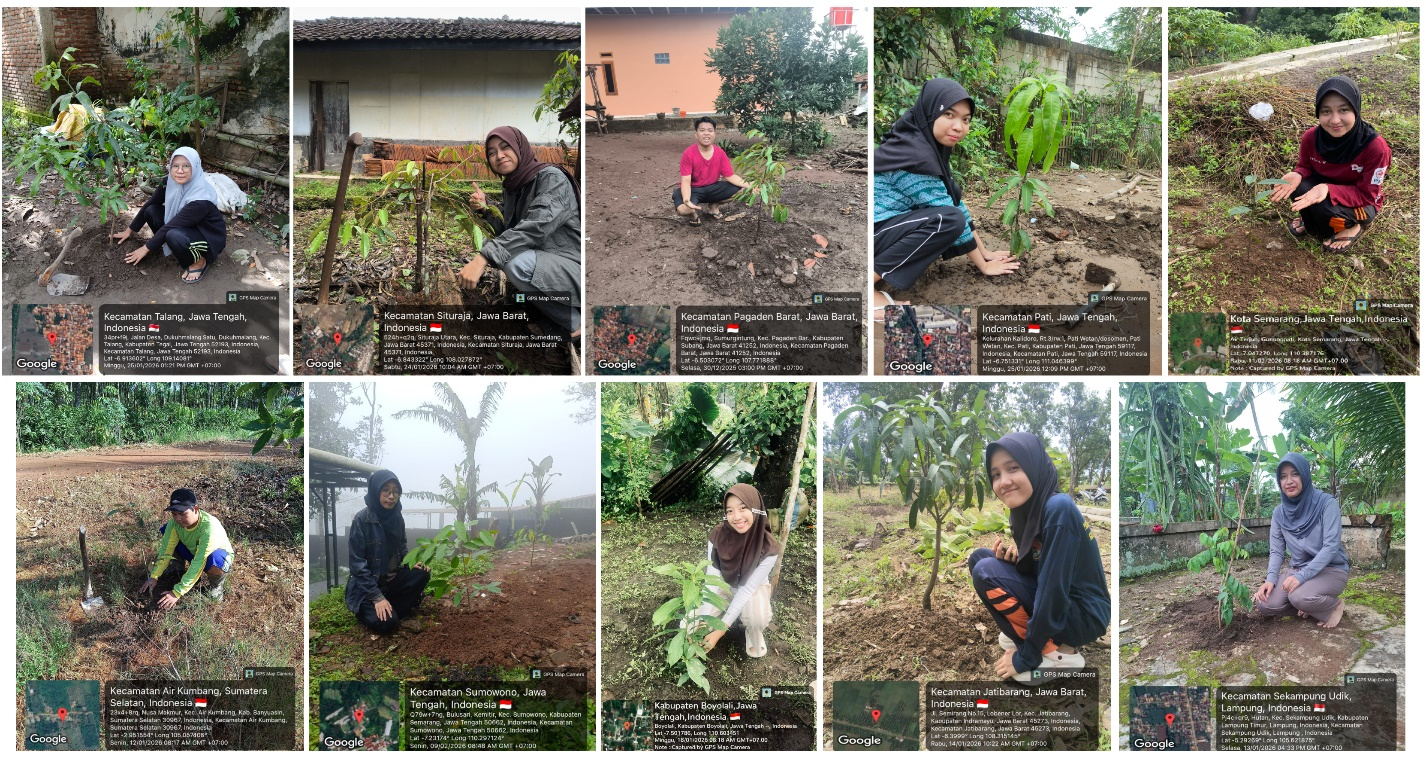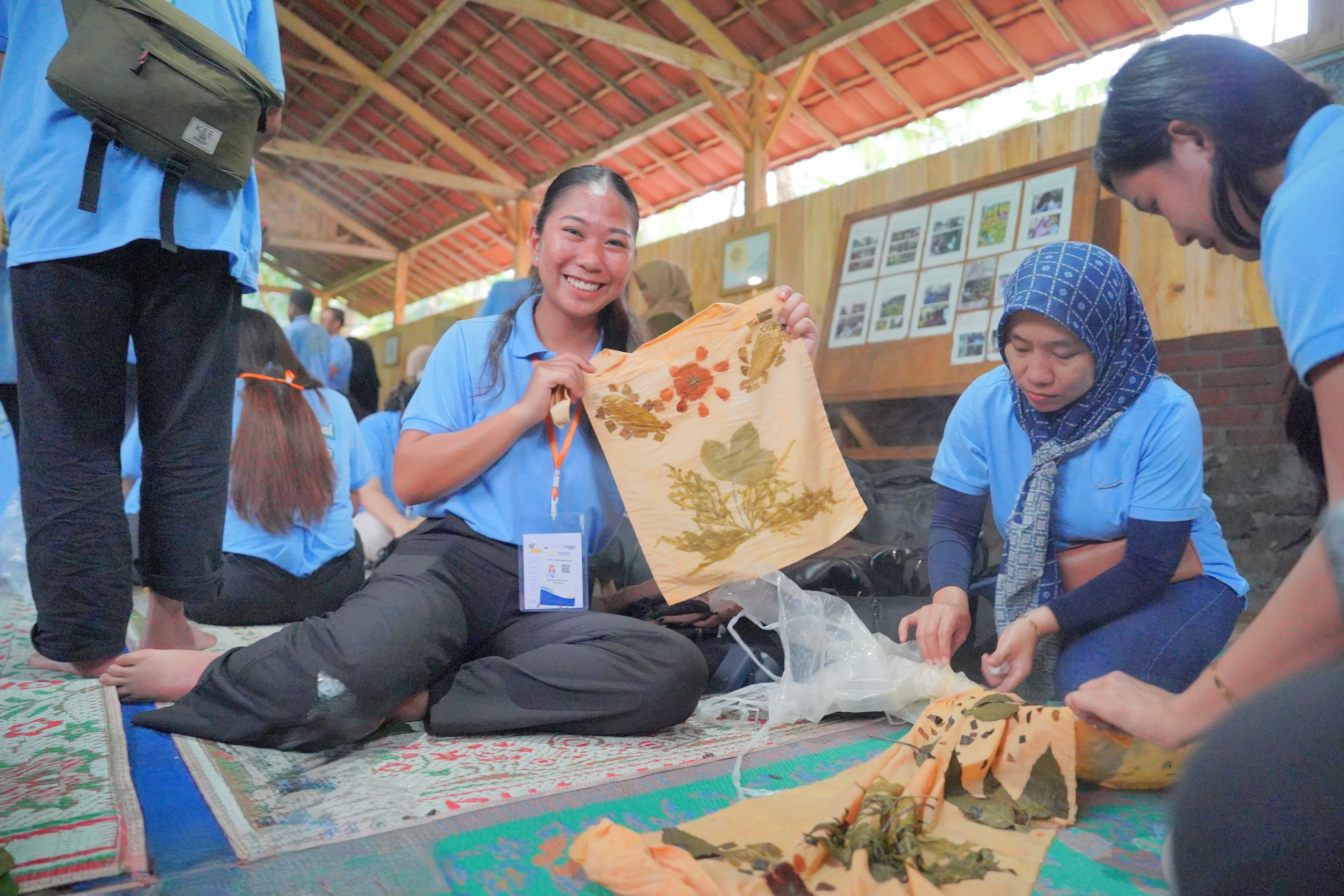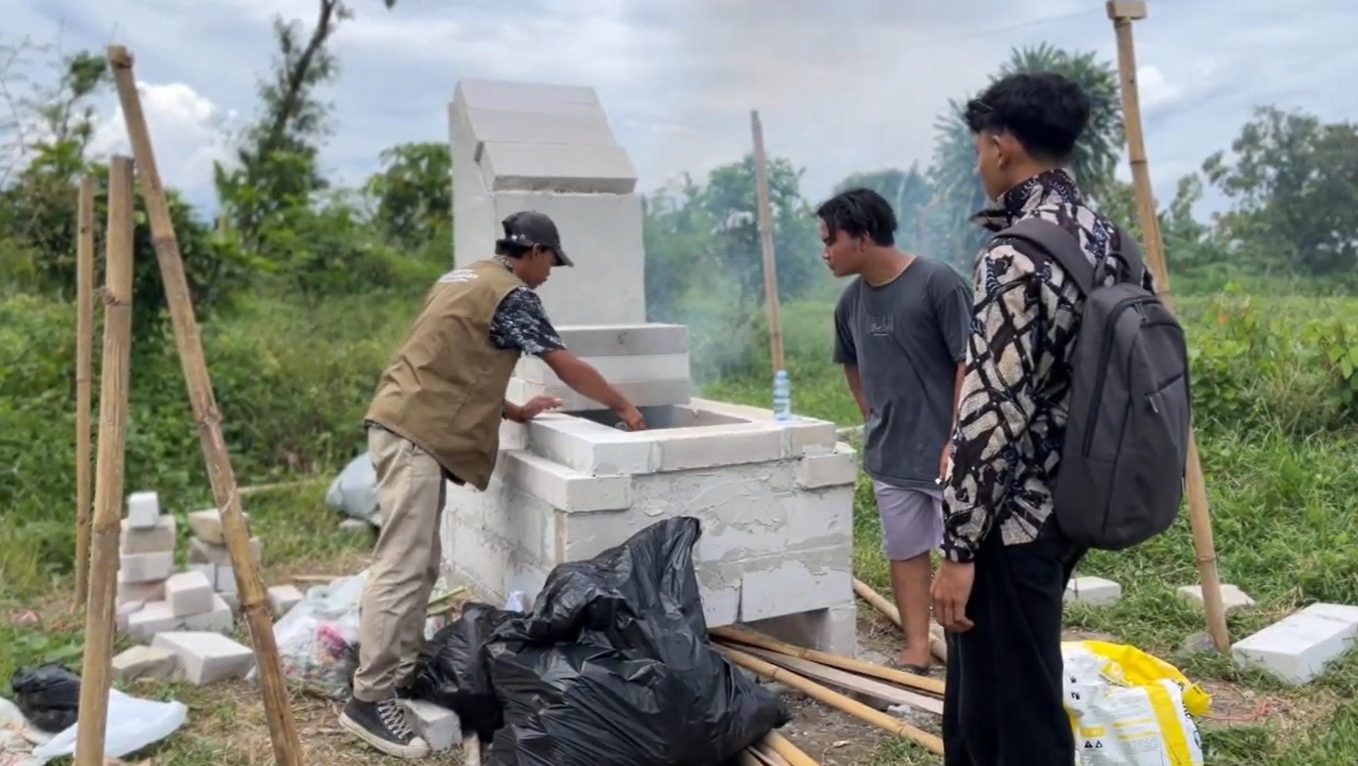Kekhawatiran manusia akan keberlangsungan kehidupan semakin tinggi. Kualitas bumi semakin menurun dikarenakan meningkatnya jumlah polusi dari kendaraan, pabrik dan lingkungan perumahan. Meningkatnya degradasi lingkungan karena perilaku ekonomi, pola produksi dan konsumsi yang hanya mempertimbangkan kepentingan sementara dan tidak berkelanjutan atau mengabaikan keberadaan ekosistem yang berkelanjutan. Untuk itu maka muncul rencana aksi global yang disepakati oleh para pemimpin dunia, termasuk Indonesia, guna mengakhiri kemiskinan, mengurangi kesenjangan dan melindungi lingkungan atau yang kita kenal dengan Sustainable Development Goals (SDGs). SDGs berisi 17 Tujuan dan 169 Target yang diharapkan dapat dicapai pada tahun 2030. Konsep SDGs merupakan kelanjutan dari konsep Millenium Development Goals (MDGs) yang telah terlebih dahulu dilaksanakan.
Jika kita cermati bersama 17 tujuan dari Sustainable Development Goals (SDGs) semua selaras dengan Visi Fakultas Ekonomi UNNES dalam menyelenggarakan pendidikan yang unggul dan berkarakter serta mengembangkan dan menyebarluaskan ilmu pengetahuan dan teknologi di bidang ilmu ekonomi dan pendidikan ekonomi yang berwawasan konservasi dan bereputasi internasional. Sebut saja tujuan 4 SDGs yaitu memastikan pendidikan yang inklusif dan berkualitas setara, juga mendukung kesempatan belajar seumur hidup bagi semua. Serta tujuan 12 SDGs yang memastikan pola konsumsi dan produksi yang berkelanjutan.
Universitas mendidik individu baik pengetahuan, keterampilan maupun perilaku. Untuk alasan ini universitas memiliki tanggung jawab besar untuk meningkatkan kesadaran, pengetahuan, teknologi, dan alat pengembangan yang dibutuhkan untuk menciptakan masa depan yang ramah lingkungan yang akan mendukung terwujudnya Sustainable Development Goals (SDGs) di Indonesia. Secara internasional inisiatif tersebut terwujud dalam Higher Education Sustainability Initiative (HESI) yang beranggotakan 272 universitas dari 47 negara. Adapula Deklarasi Talloires (TD) yang ditandatangani oleh lebih dari 350 universitas dari 40 negara yang berkomitmen dalam Educational for Sustainable Development (ESD). Universitas Negeri Semarang telah menerapkan pendidikan untuk pembangunan berkelanjutan (ESD) yang terlihat jelas dari visinya berwawasan konservasi. Universitas yang berkelanjutan dapat didefinisikan sebagai lembaga pendidikan tinggi yang membahas, melibatkan dan mempromosikan minimalisasi dampak negatif lingkungan, ekonomi, sosial dan kesehatan dalam penggunaan sumber daya mereka [dalam] fungsi-fungsi utama pengajaran, penelitian, penjangkauan dan kemitraan, dan pengabdian untuk [membantu] masyarakat melakukan transisi ke gaya hidup berkelanjutan.
Bagaimana kita memulainya? Untuk menjadi universitas/ fakultas berkelanjutan ada bebepa langkah yang bisa ditempuh antara lain; membanguan platform universitas/fakultas berkelanjutkan yang tertuang dalam visi misi; bergabung dan bekerjasama dalam organisasi yang memiliki tujuan yang sama baik nasional maupun internasional; memilih sebagian tujuan SDGs untuk dijadikan core universitas/ fakultas; dan membuat aksi atau kampaye yang menarik dan berdampak. Dalam tranformasi menuju universitas/fakultas berkelanjutan tersebut dibutuhkan komponen-komponen berupa leadership commitment, social network, participation, education & learning, research integration, performance management.
Dalam memperkuat universitas/fakultas berkelanjutan diperlukan kesadaran dan pastisipasi seluruh pemangku kepentingan baik dosen, mahasiswa, karyawan, masyarakat sekitar dan lainya. Untuk itu perlu terus diadakan aksi atau kampaye pembangunan berkelanjutan/ konservasi. Beberapa bentuk aksi atau kampanye dapat berupa; recycling, melibatkan semua pihak dalam pengelolaan sampah yang bertanggungjawab; hydration station, menyediakan tempat pengisian ulang air minum; save energy, bijak dalam menggunakan energi/listrik/perangkat elektonik dan mengoptimalkan energy/cahaya/udara alami; minimize waste and packaging dalam setiap aktifitas; green transportation berupa sepeda, kendaraan listrik atau berkendara bersama/ berboncengan; gaya hidup sehat, konsumsi dan produksi yang bertanggung jawab; donasi dalam berbagai bentuk dalam mendukung pembangunan berkelanjutan; dan aksi lainya. Kegiatan tersebut akan menciptakan atmosfir, cara pandang, perilaku, karakter dan budaya universitas/fakultas berkelanjutan.
Dari berbagai sudut padang agama, pengetahuan, sosial dan sudut pandang lainya kita akan mendapatkan kesimpulan bahwa kita harus bersinergi dengan lingkungan hidup/ bumi/ planet untuk kehidupan yang lebih baik. Maka pembangunan berkelanjutan bukanlah pilihan tapi keharusan!
Khasan Setiaji



